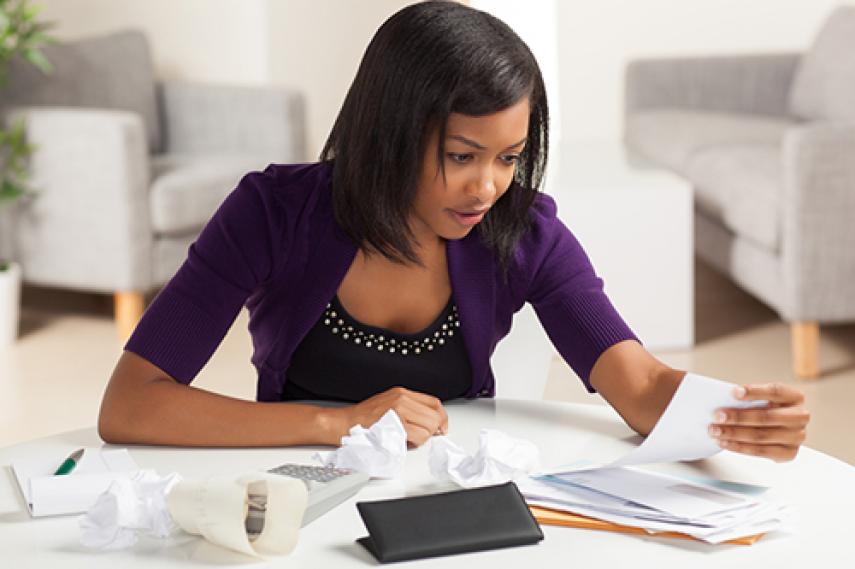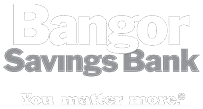
It's important to stay on top of paying your bills because missing a payment may trigger late fees and can damage your credit score. Here are some tips to help keep you on track with making your payments on time.
How to organize bills that come in the mail
Start your bill organization by designating a specific spot where you put your bills the day they arrive in the mail. Because they are time sensitive, this will ensure they do not get mixed in with the rest of the mail. The spot where you keep your bills could be an inbox on your desk, a basket on a bookshelf, or a hanging slot on a wall.
When a bill arrives, you also may want to take a minute to open it, find the due date, and write it in marker on the front of the envelope. That way, it is easy to sort bills by the due date so you can keep a close eye on the ones with due dates coming up soon.
Best bill payment practices
Start by scheduling a regular time when you will pay your upcoming bills. For some people, it is easiest to pay bills weekly to get in a consistent routine. Others like to pay bills the day after receiving each paycheck.
Setting the reminder can help you get in the habit of paying bills every time your scheduled day comes around. Use whatever calendar you use for other reminders in your life. This might be on your phone, on the computer, on a paper wall calendar, or in a day planner.
You should mail a check at least seven days before the bill is due to ensure it arrives and gets processed on time. Unless a bill is due at least seven days after your next scheduled bill paying session, you will want to pay it in this session to ensure it gets paid on time.
How to use online bill payment
Online bill payment is another great option available to you, which also saves you money on checks and stamps. It is also helpful because you can set up payment reminders to arrive in your email just a few days before a bill is due.
To use online bill payment, you will need to set it up with the financial institution that you have your checking account with or directly with the individual companies that you owe. Each bill should be easy to pay once you go through the initial step of setting up payment information for every account. Using bill payment through your financial institution allows you to do that all in one place. You just need to login and authorize each payment electronically to initiate the payment. Some financial institutions or service companies charge fees for this service, so it's important to do your research beforehand.
Another option, if you are comfortable with it, is to opt for automatic bill payment. If you set this up, your bills will automatically be paid on their due date every month, without you having to do a thing. With this approach you'll want to make sure you have money in your bank account for the scheduled date of each bill. Otherwise, you might incur overdraft charges.
